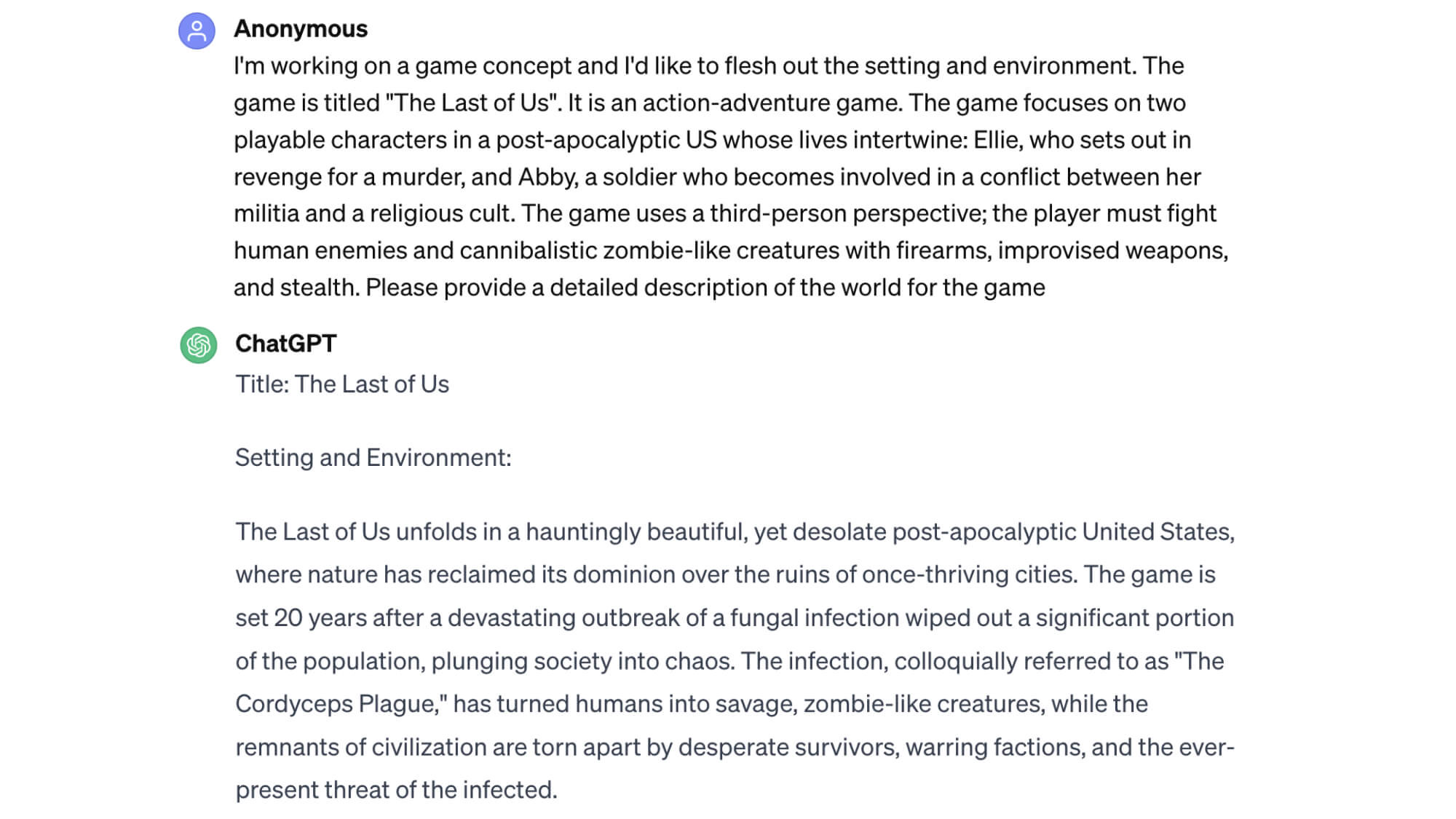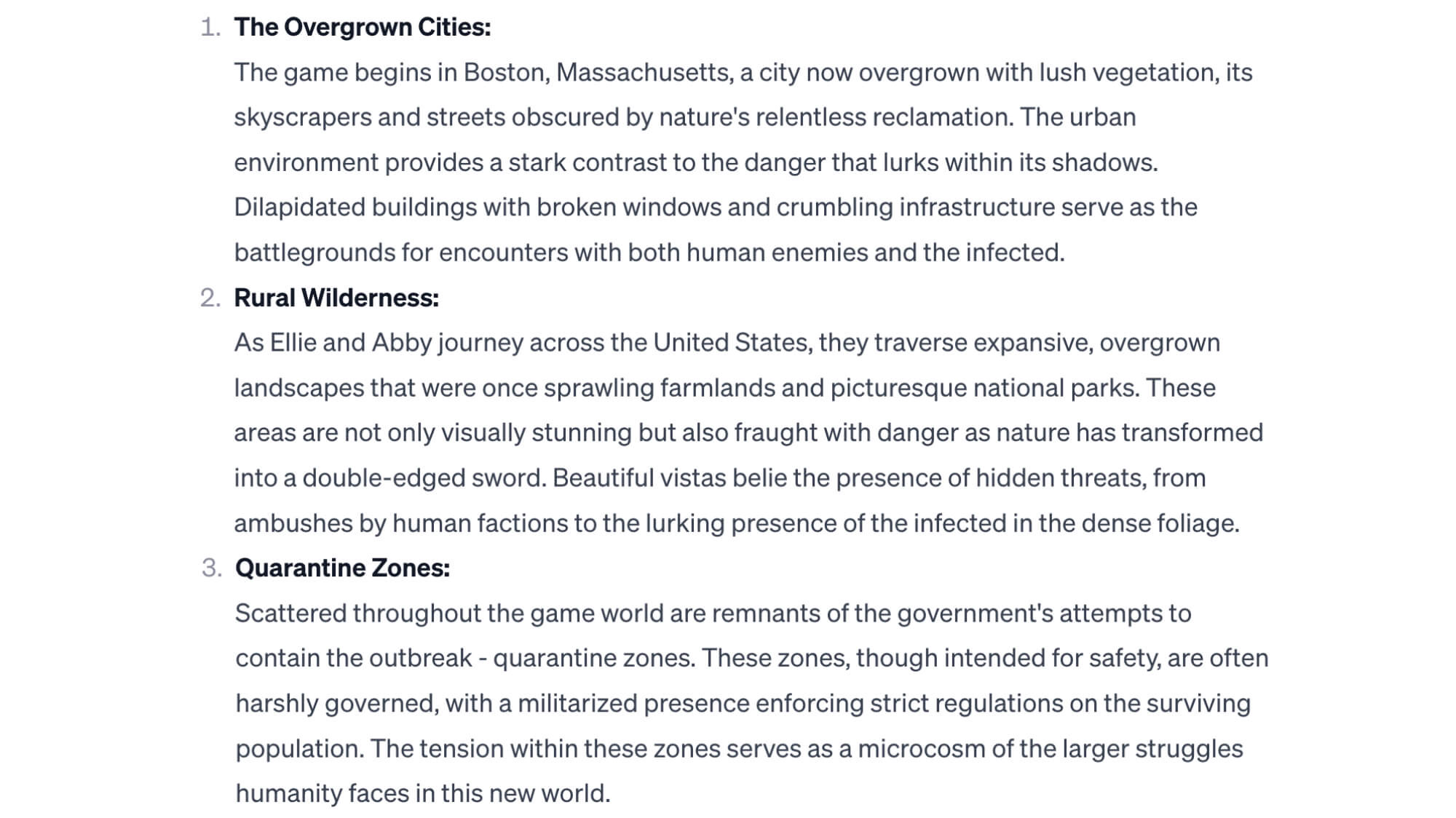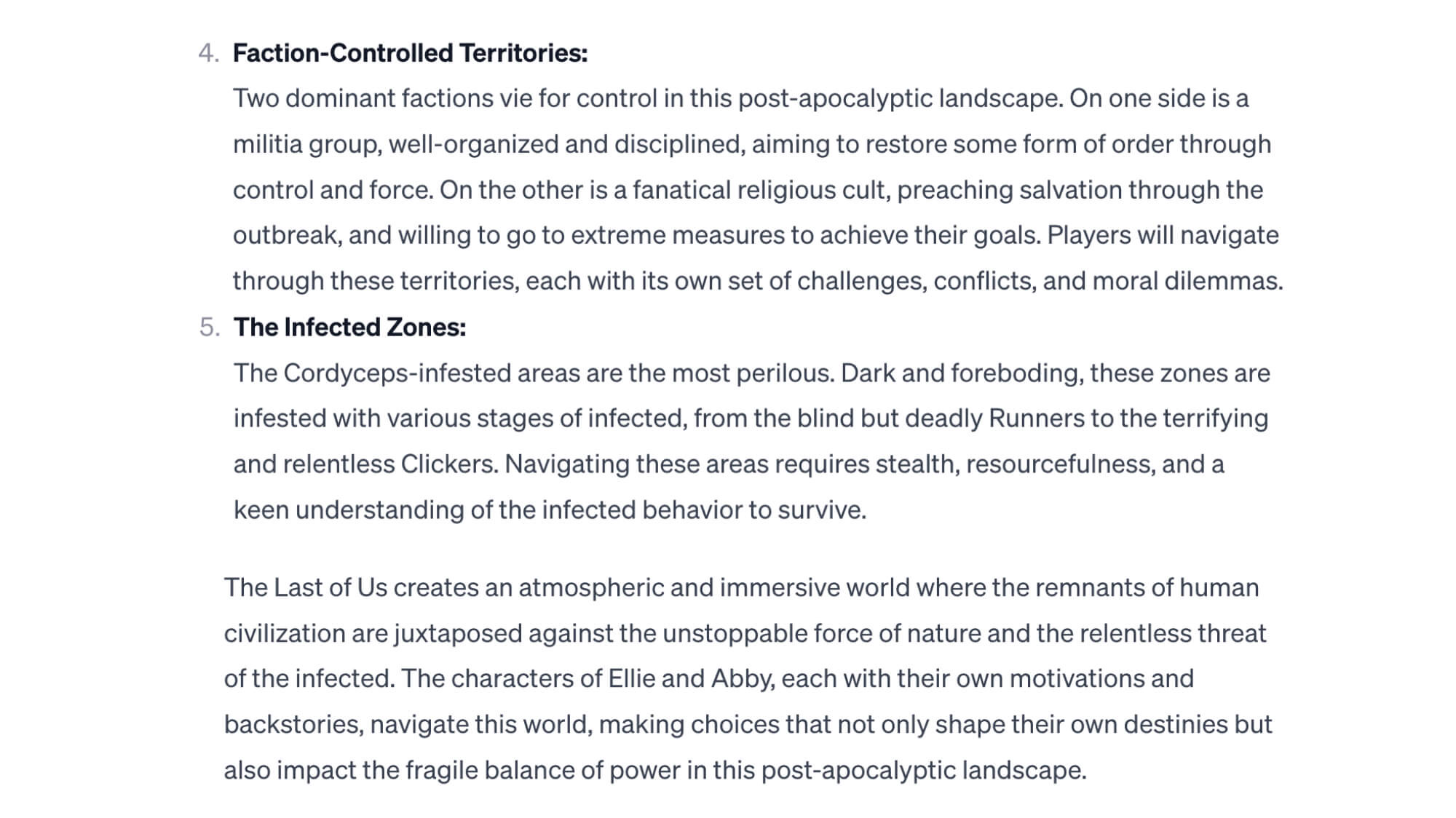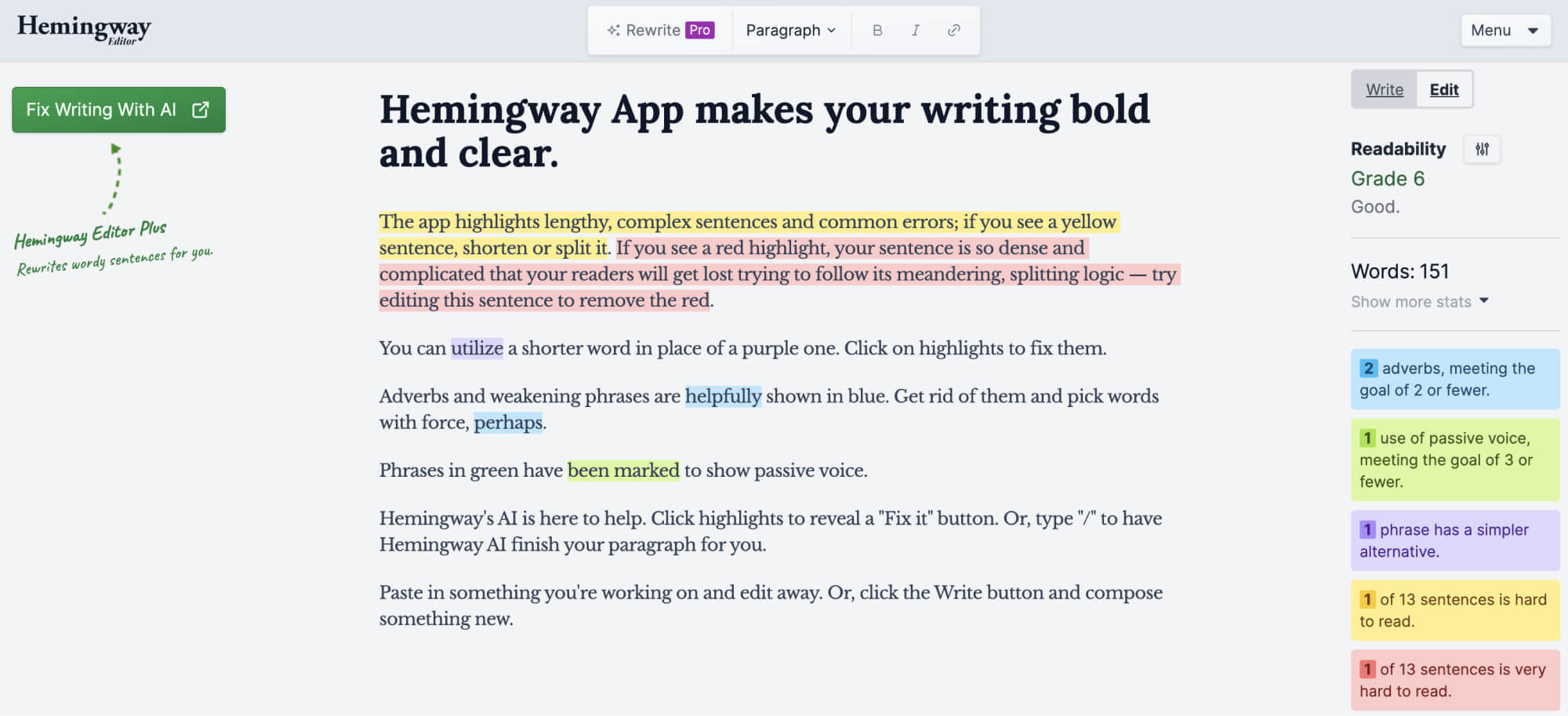- MAIN PAGE
- – elvtr magazine – Beating Writer's Block: Essential Techniques for Video Game Writers
Beating Writer's Block: Essential Techniques for Video Game Writers
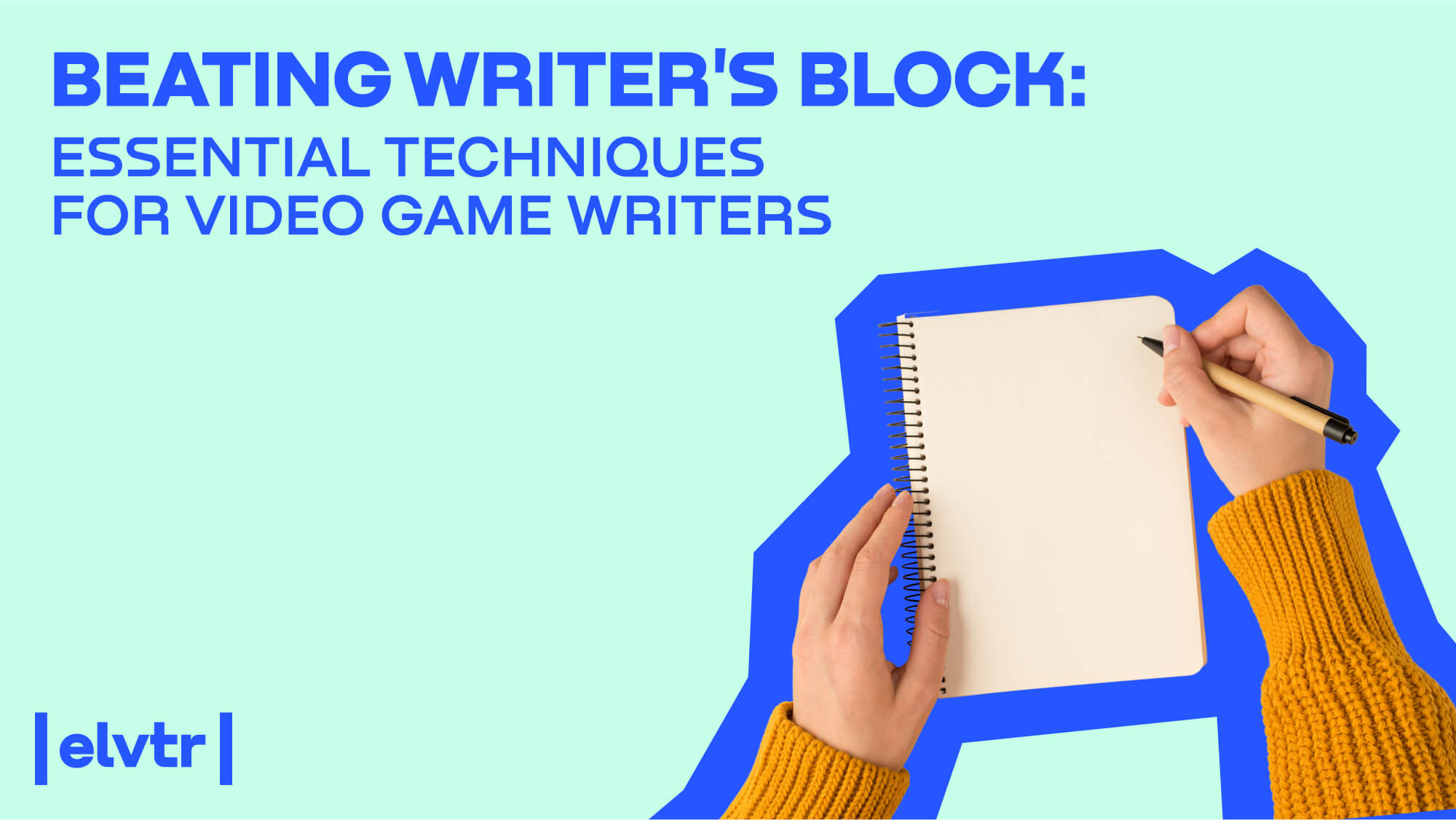
The biggest challenge as a game writer is to keep writing. Your goal is to craft captivating storylines, develop characters, dialogues, and backstories, or prepare pitches for presentations. However, you might often find yourself postponing these tasks.
What should you do when a deadline looms and inspiration seems elusive? Is it better to wait for a creative spark or adhere to a routine? We provide advice on conquering the fear of a blank page and finding inspiration.
The Truth About Inspiration In Writing
Here is something you probably already know, or at least suspect: writers don't feel inspired 100% of the time. Or even most of the time.
You might use to think inspiration and originality only happen when you get inspired when you have strong emotions about an experience, a person, or a place. Someone has written poetry watching the sunset at the top of the Empire State Building. Or cruising along blocks of ice in Iceland. Or when that same someone had a few too many drinks.
The problem is, as a game writer, you don't write just sporadically — it's your everyday job. There will surely be times when you do feel truly inspired and motivated to write. However, day to day, page after page, you probably won't feel inspired a lot of the time and sometimes, you may feel a lack of ideas.
If you belong to the cohort of those who are forever waiting for motivation and inspiration before starting to write a text, start to rethink your misconceptions about creativity and inspiration. Especially since there are vivid examples of writers who prove by example that your magic wand for writing isn't inspiration, but discipline and regularity.
"When I am working on a book or a story I write every morning as soon after first light as possible."
Ernest Hemingway in Ernest Hemingway, The Art of Fiction 21 — the Paris Review
Techniques to Enhance Your Writing Skills
Many renowned writers use these exercises. Try them instead of passively waiting for inspiration.
#1. Morning Pages
Write first thing in the morning for 15 minutes. Write down whatever comes to mind, even if the sentences aren’t connected.
If you're unsure how to start, use the phrase, "I don't know what to write about." Alternatively, describe what you see in the windows of the neighboring houses:
- Who lives in these houses?
- What does the apartment that your windows overlook look like?
- What are the residents doing?
- What stories might they have?
#2. Describe What You See Nearby
Look at an object on your table. Imagine a story for it:
- What is its colour?
- What does it smell like?
- Does it make any sound?
- To whom might it belong?
- How might it be used beyond its intended purpose?
#3. Continue a Well-Known Book
Take the first lines from a famous novel, like George Orwell's "Nineteen Eighty-Four" or Gabriel García Márquez's "One Hundred Years of Solitude," and write a two-paragraph continuation.
Recommended courses
#4. Mix Heroes and Writers
Combine plots from famous stories — such as "Romeo and Juliet," ancient myths, folk tales, or biblical stories — with the names of your favourite writers. Write them on separate cards. Draw one from each pile and combine the hero with the writing style. For instance, imagine the myth of Danae as Oscar Wilde might have told it. You might end up with a poem, an anecdote, or a larger story.
#5. Try Freewriting
Write non-stop, without worrying about sentence structure, grammar, or spelling. Use the Pomodoro technique: decide what you want to write, set a timer for 25 minutes, and write without pause until the timer rings. Take a 5-minute break and repeat, sticking to this rhythm.
#6. Ask ChatGPT for Help
ChatGPT is increasingly used for content writing worldwide. For example, product design manager Ammaar Reshi published a 12-page children's book using ChatGPT for the text and MidJourney for illustrations, available on Amazon.
To maximise effectiveness with ChatGPT, clarify your writing topic. Start with an introduction and continue prompting ChatGPT until your text covers everything you want to include. You can also use OpenAI's GPT to generate content ideas, like composing detailed descriptions for game worlds.
#7. Make an Inspirational Playlist
Music has a well-documented impact on improving performance. It can elicit positive emotions, and people often work more efficiently when in a good mood. The natural elements found in music can also enhance mood and focus. The sounds of nature, in particular, have been shown to positively affect cognitive functions and concentration.
Instrumental music is especially effective for those prone to distraction by lyrics. Research by Cambridge Sound Management indicates that song lyrics can divert attention as the speech-hearing mechanism in our brains shifts from the current activity to listening to the conversation. Therefore, instrumental music can be a valuable tool for writers who find themselves stuck on the lyrics.
Additionally, creating or finding book-themed or movie-themed playlists can be inspiring. For example, you might compile a playlist that reflects the mood of the game you’re writing for or songs that evoke the themes of your story.
#8. Make A List of What Inspires You
You might find inspiration in various things. Make a list of what aids your writing and what hinders it. The first list can be displayed prominently and referred to when you need a creative boost. It may contain:
- Information: Favourite books, movies, magazines, or personal mood boards can help you find the right vibe for generating text. Revisiting content that has recently captured your attention can be a fruitful exercise.
- Memoirs: Children's drawings, diaries, or old posts on social networks can sometimes be a source of trauma, but they also hold great potential. Record the moments that evoke strong feelings – these can accumulate and become a solid foundation for your texts.
- Cozy space: The relationship between your desk and productivity and creativity is direct. For instance, research suggests that natural elements in interior design can improve cognitive abilities. Participants in one study reported increased attention and productivity in rooms with wooden elements compared to those without. They preferred working in environments with wood over concrete. Furthermore, good room lighting and ventilation have been shown to increase a person's satisfaction by 24% and productivity by 16%. Another study by the University of Massachusetts found that adding bright colours to your home can reduce stress, increase creativity and motivation, and stimulate idea generation. For example, yellow stimulates creativity and energy, making it perfect for spaces where brainstorming and ideation occur.
How To Improve Writing Skills: Essential Tips & Digital Tools for Aspiring Video Game Writers
- Reading regularly is crucial. Interestingly, 33% of high school graduates and 42% of college graduates never read another book post-graduation. Yet, books are invaluable, particularly for those in text-centric professions. If you struggle with imagination, delve into fiction. It's an excellent way to ignite creativity and imagination.
Moreover, studies show a direct link between reading fiction and an expanded vocabulary. This habit not only enhances storytelling skills but also helps eliminate clichés. - Always carry a notebook. Inspiration can strike unexpectedly. Follow the example of luminaries like Mark Twain, Ernest Hemingway, and Beethoven, who always had a notebook handy. Jot down even the smallest details that catch your attention. If an idea emerges, write it down immediately; if not, keep your notebook close until inspiration hits.
- Refine and simplify your writing. Once your draft is complete, review it to streamline the text, shorten sentences, and correct any grammatical errors. The Flesch-Kincaid Score, comprising the Flesch reading-ease and the Flesch-Kincaid Grade Level, assesses writing readability. Consider your audience when choosing the appropriate readability level. For context, the Affordable Care Act is written at a 13th-grade level, while JK Rowling's works are at a 5.5-grade level, and Stephen King's at 6.1.
Additionally, utilise tools like Hemingway Editor to identify and simplify complex sentences, making them more reader-friendly.
- Avoid striving for the perfect idea; instead, generate multiple, imperfect ones. Obsessing over perfection can be counterproductive. Take Michelangelo, who deemed his works unfinished unless they met his stringent standards, or Gustave Flaubert, who might labor over a single page for a week and still find it unsatisfactory. Aim for progress, not perfection. Research by Canadian psychologist Simon Sherry reveals that perfectionism can hinder productivity. His study found that perfectionist teachers were less productive than their less exacting counterparts.


